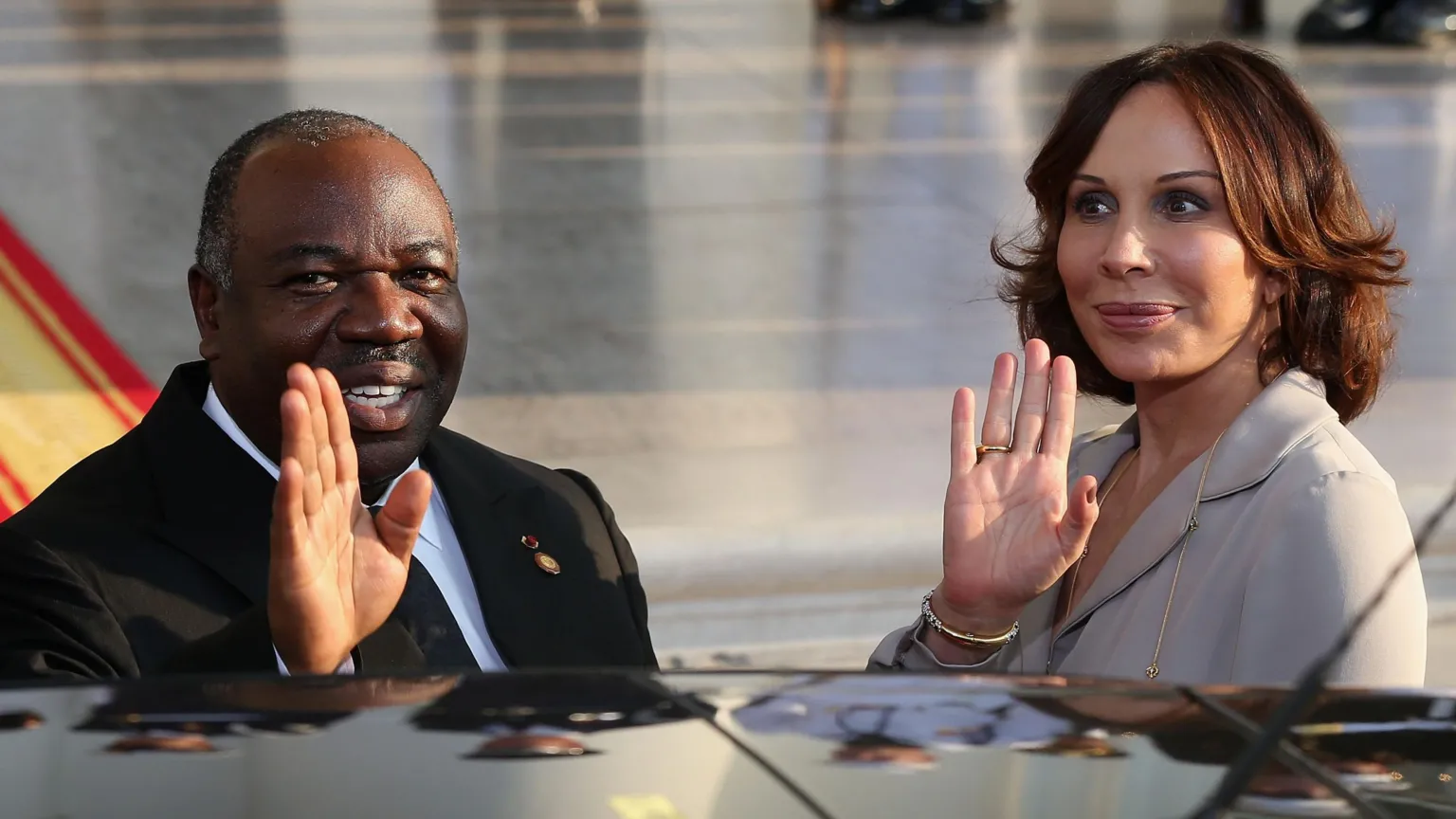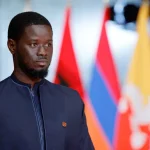
A special criminal court in Libreville has sentenced Sylvia Bongo Ondimba and her son Noureddin Bongo Valentin to 20 years in prison after a rapid two-day trial in absentia. They were found guilty of embezzlement of public funds, money laundering, criminal association and forgery.
In addition to the prison terms, the court fined 100 million CFA francs (about US$177,000) and ordered Noureddin to pay approximately 1.2 trillion CFA francs (around US$2.1 billion) in restitution to the Gabonese state.
Background and Charges
Sylvia Bongo, who held the role of First Lady during the presidency of Ali Bongo Ondimba (2009-2023), and her son were accused of exploiting Ali Bongo’s incapacitation following a stroke in 2018 to divert state resources for personal gain.
Noureddin Bongo, once General Coordinator of Presidential Affairs under his father, was singled out for allegedly forging the president’s signature and seal, orchestrating shell companies and siphoning funds via offshore accounts.
At the time of the trial, both defendants were residing abroad (in London) and did not appear in court. They denounced the proceedings as politically motivated, with Noureddin describing the trial as a “rubber-stamping exercise” orchestrated from the office of Brice Oligui Nguema, the leader of the 2023 coup.
Context and Implications
The sentencing marks a dramatic turning point in Gabon’s post-coup politics. The Bongo family had governed the country for over five decades: Ali Bongo succeeded his father Omar Bongo in 2009, continuing a dynastic rule until August 2023.
Following the coup that deposed Ali Bongo and elevated Brice Oligui Nguema to power, Gabon’s transitional government pledged to root out corruption and recover alleged looted assets. The swift trial and sweeping verdict against two prominent members of the former regime are seen both as a signal of that drive and as raising questions around judicial independence and political fairness.
Furthermore, international observers closely watch the case given the family’s French citizenship (in Sylvia’s case) and the ongoing money-laundering investigations in Switzerland.
What’s Next
While Sylvia Bongo and her son have been convicted, several co-defendants—former Bongo allies—remain on trial. The asset-recovery process, including confiscating bank accounts, villas and companies linked to the family, is expected to continue.
At the same time, given the rapid process and defendants’ absence, concerns persist over whether the trial adhered to fair-trial standards. These issues may affect perceptions of the verdict’s legitimacy both domestically and internationally.
READ MORE: Niger: National Guard Organizes Blood Donation Drive to Support Health Services
About The Author
Related Articles
AES Condemns Niamey Airport Attack, Warns of Coordinated Destabilisation
The Alliance of Sahel States has strongly condemned the armed attack on...
ByWest Africa WeeklyFebruary 2, 2026Mali Cedes Strategic Land to Guinea to Deepen Trade Cooperation
Mali has approved the transfer of a strategic parcel of land to...
ByWest Africa WeeklyFebruary 2, 2026Senegal to Appeal CAF Sanctions After AFCON Final Controversy
Senegal has announced plans to formally appeal the sanctions imposed by the...
ByWest Africa WeeklyFebruary 2, 2026Burkina Faso Takes Legal Step Toward Nuclear Energy Development
Burkina Faso has voted to join the Vienna Convention on Civil Liability...
ByWest Africa WeeklyFebruary 2, 2026













Leave a comment